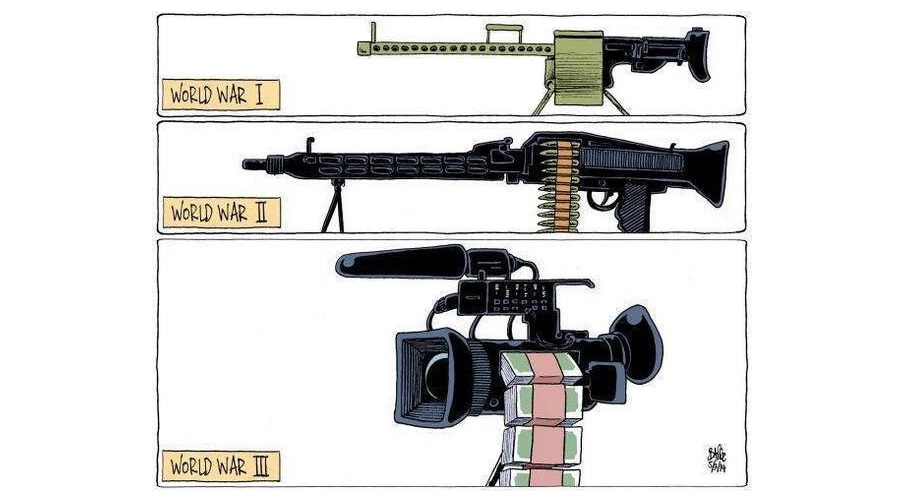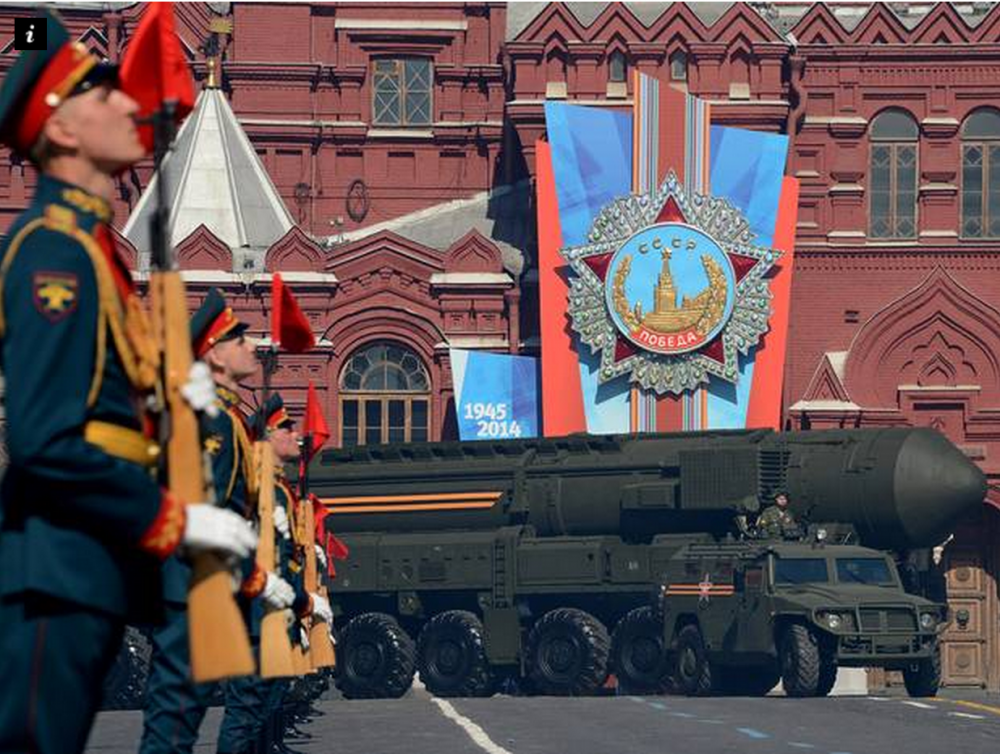In Latvia and Estonia the emergence in social networks of supporters of the "Latgale People's Republic" and "Narva People's Republic" is treated very seriously.
The fact that the foreign ministers from the member states of the European Union are meeting in the Latvian capital, Riga, to discuss the crisis in Ukraine is very symbolic. Latvia's current presidency of the Council of the European Union is not the only reason. Most of all, it is because the threat from Moscow is regarded as very real in the Baltic capitals.
In Lithuania they are reinstituting the draft without attempting to hide that the decision was made because of the war in Ukraine. In Latvia and Estonia the emergence in social networks of supporters of the "Latgale People's Republic" and "Narva People's Republic" is treated very seriously. Everyone has understood that similar projects do not materialize out of thin air. After all, the "Donetsk People's Republic" existed for a long time before the Kremlin decided that the Ukrainian Donbas had to be occupied -- at first in the form of a quite marginal, virtual project. Now, however, Andrei Purgin, the creator of the "Donetsk Republic" movement, is directing the so-called "DNR Parliament." So it is very likely that the future FSB (Russia's security service, successor to the KGB -- Ed.) guardians of the "people's republics' that are being planned for the Baltic states are currently working with their activist supporters in the social networks.
The question of whether Putin will dare to cross the borders of the Baltic countries concerns the politicians of these countries as well as NATO analysts. On the one hand, unlike Ukraine, Latvia, Lithuania and Estonia are members of NATO, and the alliance would be obligated to protect them from apparent aggression. On the other hand, the unanswered question is whether fear of Moscow's use of nuclear weapons will turn out to be stronger than international obligations. This is especially true if Russia uses not open aggression but the next round of a hybrid war -- the organization of "people's uprisings," along with the appearance of "polite" killers without Baltic accents. How would it be possible not to notice Russian armies -- even without insignia -- in Latvia and Estonia? But the West has managed "not to notice" them in Ukraine.
In any case, it is clear that the possible Russian invasion of the Baltic states will bring the conflict to an absolutely new level. The reaction of the civilized world will determine if Russia's policy of aggression becomes the only determinant of security for the West. Moscow obviously has neither the economic nor the military resources to win in this conflict. But Putin seeks not to win but to destroy European unity and values. And to that end he is ready to sacrifice the economy of his country and the lives of millions of Russians and their neighbors.





